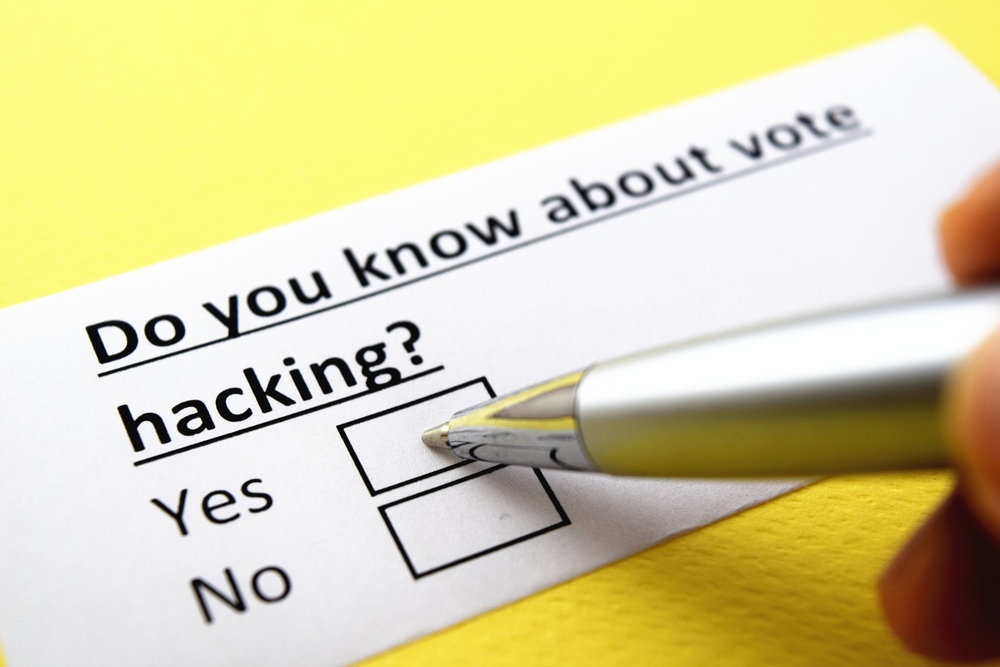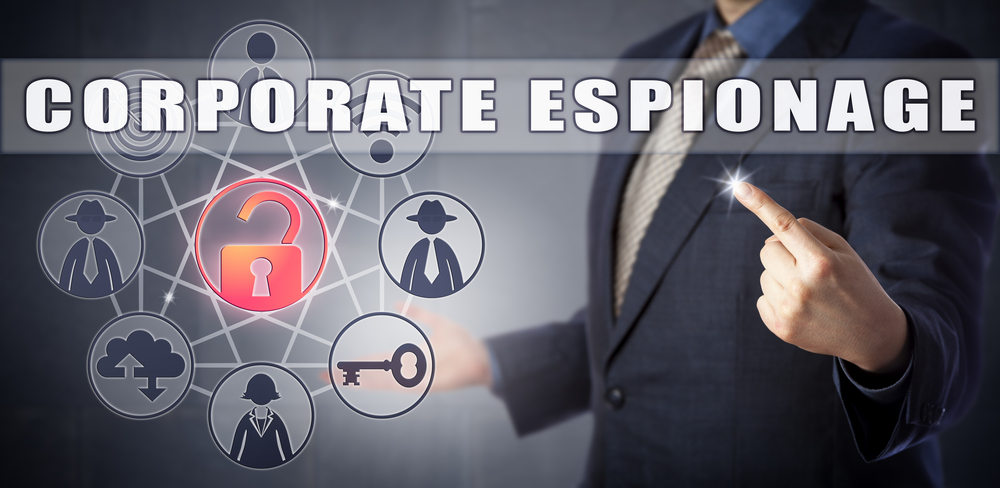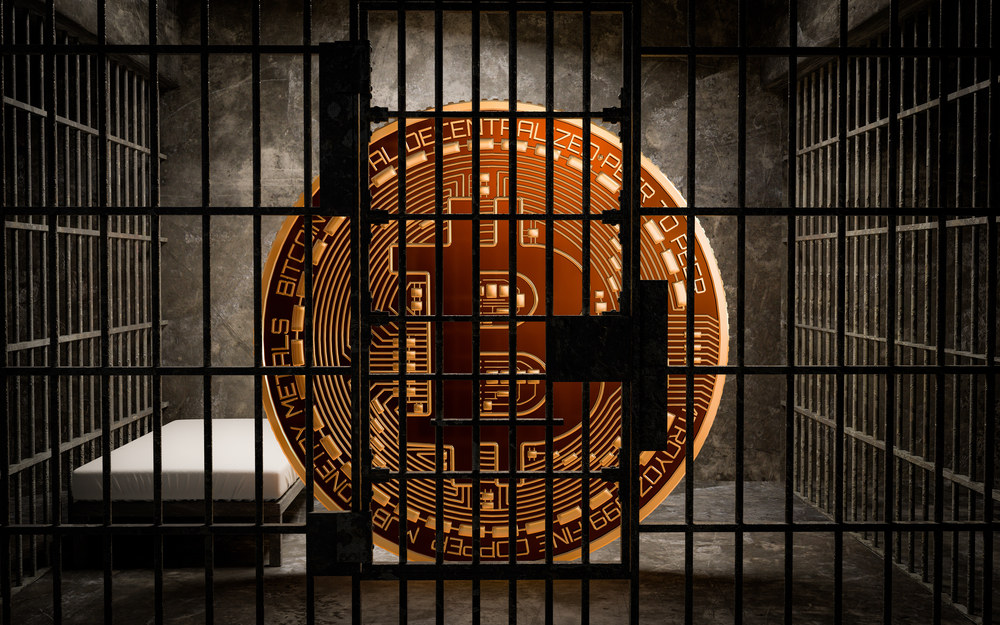
Crime, Espionage, Changing Economies And The Rise of The Regulated Internet
Is the Internet a dangerous thing? Can it even be considered a weapon depending on the perspective?
These are questions that may shock you yet they’re being asked around the world by bureaucrats, lawmakers, and defense experts. In our previous piece, we spoke of the connection between the digital age and the stability, even existence, of contemporary democracies. Today we’ll be continuing in the same vein and looking at the recent global trends which have stimulated calls for a more regulated and restricted internet.
A Changing Global Landscape
To put things into perspective consider the current debate between the US and Russia regarding the latter’s alleged meddling in the 2016 US elections. Compared to Cold War spy stories this isn’t a tale of highly skilled agents embedded deep within the society and establishments of their rival. In sharp contrast, the entire thing revolves around that which transpired digitally via the internet. Today’s spy stories instead conjure up images of faceless ‘ghosts’ hundreds of miles away behind a computer’s screen. Yet, despite this distance and lack of physical contact, we’re now seeing the potential to influence, destabilize and even cripple societies.

The 2016 elections scandal isn’t something new either. Indeed, for years there have been reports of major nations planting backdoors, meddling and even outright attacking the infrastructure of their neighbors, rivals and even allies. For example, in 2015 Chinese based attacks on the US Office Of Personnel Management led to over 22.1 million peoples’ personal information being compromised. Consequently, recent reports by security experts in the US now allege that, over the past decade, a concerted and dedicated effort by the Chinese government to infiltrate various software and IT companies in the West has been underway. In fact, it is even purported that China’s subsequent surge in technological advancement to rival the US may largely be the product of stolen secrets.
With President Trump’s ‘trade war’ against China also underway, an analysis from Wired indicates that the frequency of Chinese cyber-attacks has once again multiplied. In 2015 the US and China agreed not to launch hacks against private companies but state-sponsored agents continue to push these boundaries and now, with said trade war ongoing, hacks have once again restarted. Needless to say, both nations have found ways to skirt this agreement with China considerably upping its activity against US military targets. A BBC report recently noted that, in particular, US Navy assets seem to be under particular threat with the possibility of a ship’s entire infrastructure falling under enemy control, now a looming reality. Additionally, US intelligence agencies have long accused China of placing ‘backdoors’ and embedding spy software in its domestically produced merchandise; an unavoidable reality in a world where more and more daily goods are being made in China.
Our Own Regional Crucible

The question now is what does any of this have to do with the Caribbean? How does this impact the region? For one, we are always expected to follow suit with international laws and regulations and if a growing trend of an increasingly regulated cyberspace continues, we would likely be roped in as well. This will no doubt transpire following pressure both from foreign governments and non-government agencies and institutes. Indeed, consider that groups such as ISIS and less organized fronts have their own ‘online armies’, agents and an undeniable digital footprint.
It is no secret that some territories within the Caribbean such as Trinidad and Tobago have grown infamous as the hemisphere’s largest per capita source of ISIS recruits and networking. Secondly, we are prime targets for cybercrime and warfare given our diminutive size and lack of comprehensive cyber security apparatus. No doubt our larger neighbours would even view us as a liability or potential ‘backdoor’ because of this, particularly in the case of regional territories already plagued by smuggling, narco-trafficking and money laundering issues. It’s no secret after all that reports such as the 2017 International Narcotics Control Strategy Report lists states such as Trinidad and Tobago has high profile regional sources for organized crime involved in narcotics, weapons smuggling and financial crime.

Needless to say, the digital world is now a part of all this as well. Thus, in securing their own interests international powers would obviously attempt to bring us into their fold, more so since our internet access is also based off of and reliant on their infrastructure. In the future we may see greater pressure for laws not only regulating someone’s behavior online as previously discussed but also those seeking to police the uses and potential uses of the internet. These may range from outright blocking access to certain sites to more stringent rules regarding E-Commerce.
Indeed, to put things into perspective, some nations have already issued bans, be they temporary or permanent, on activities such as cryptocurrency mining and trading. Nations such as China, Russia and Colombia cite security concerns as well as the fact that the anonymous usage the currency affords facilitates crime and terrorism. Other nations such as South Korea have sought to implement more restrictive access to the practice. In fact, even US agencies have acknowledged the usage of cryptocurrency as a means of revenue by everyone from organized crime syndicates to terror entities and rogue states.

Thus, when we last spoke of the internet we did so by way of viewing it as a vehicle for democracy and free speech which could and is potentially being stifled. Today, we looked at the other side of that coin wherein a plethora of other potential dangers may lead to this digital ‘Wild West’ further being reined in by state powers. However, in closing, we must remember that there is a fine line to walk between maintaining security and eroding basic individual rights. As citizens of our respective nations and ‘E-Citizens’ as well we have a vested interest in keeping a keen eye on developments and ensuring our voice is heard when necessary. A careful balance must be negotiated among the tripartite players; the state, private enterprise and the educated individual, to ensure the most productive outcome for all.